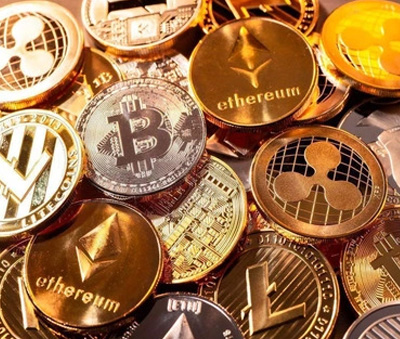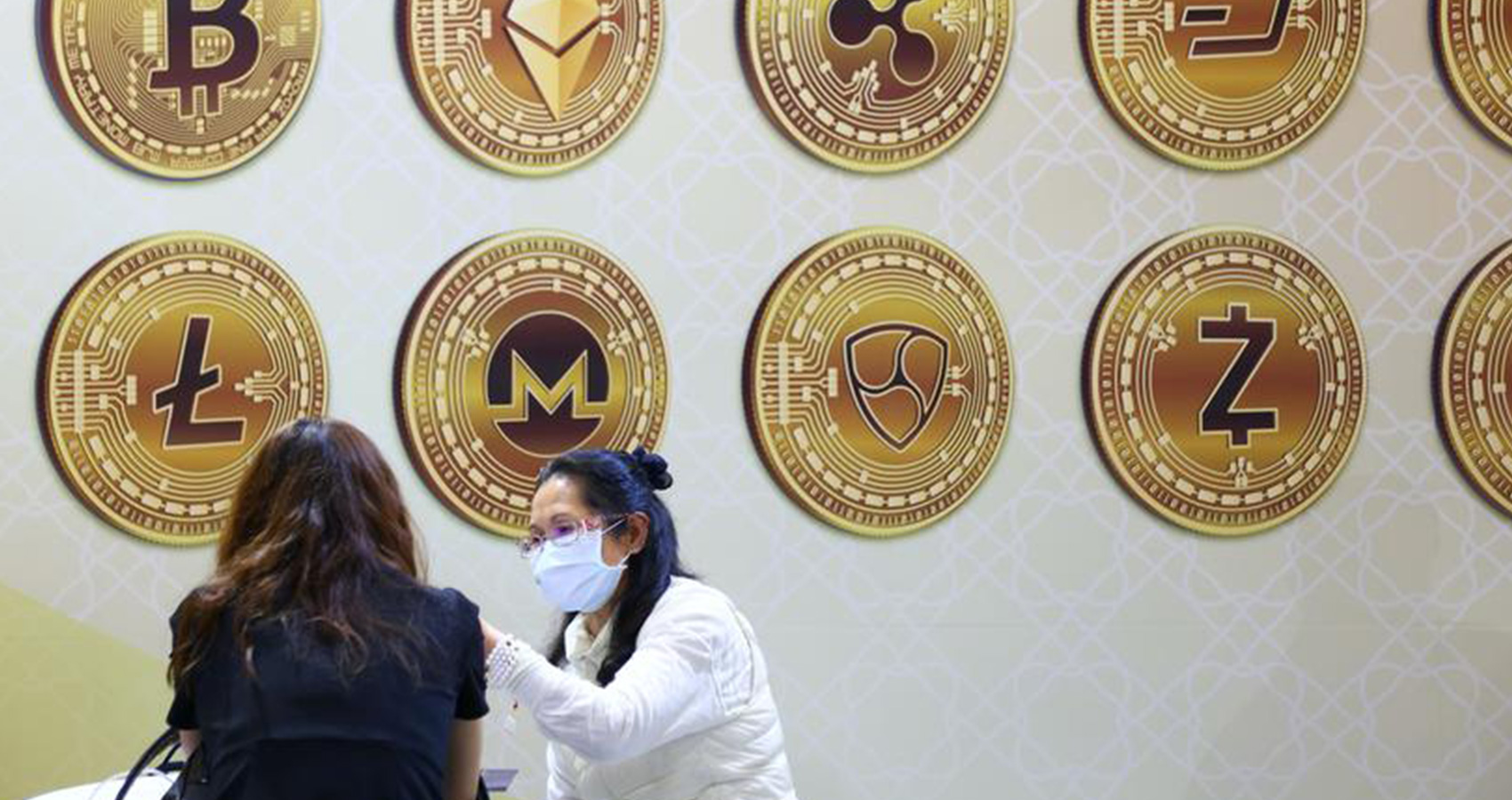While the crypto currency market is booming and thousands of new virtual currencies are being mined every week, many financial experts and governments are vehemently raising voice to ban all cryptos for various reasons.
Last week, RBI governor Shaktikanta Das said the Reserve Bank had “serious concerns from the point of view of macro-economic and financial stability” and that blockchain technology can thrive without cryptocurrencies. Really, there is a grain of truth to the claim that cryptocurrencies are rivals of central banks as they cannot control them like sovereign money.
India has recently taken a more keen note on cryptocurrencies, thanks to its robust growth in the country amid a lack of regulations. However, things are likely to undergo a drastic change, with the government eager to bring in rules and regulations in the digital currency sector. (News18.com 12/18/2021).
There are thousands of virtual currencies on the market today, which are known as cryptocurrencies. Such currencies exchanged through crypto exchanges have not yet been approved by any country or central bank. Recently, El Salvador, a Central American country, officially recognized only the powerful Bitcoin.
 But the CBDC is the official cryptocurrency issued by the Central Bank of India. This is the main difference between other cryptocurrencies and CDBC. The CBDC (Central Bank Digital Currency) will also be marketed through the blockchain technology as done by other virtual currencies . It is likely to be a digital token or electronic form of the current currency. The Reserve Bank of India will be in charge of supervising and monitoring the official crypto of the Indian government. Digital money cannot be withdrawn as we usually withdraw from banks and ATMs. Their transactions will be through digital platforms. It is not yet clear whether it will be listed on other crypto exchanges.
But the CBDC is the official cryptocurrency issued by the Central Bank of India. This is the main difference between other cryptocurrencies and CDBC. The CBDC (Central Bank Digital Currency) will also be marketed through the blockchain technology as done by other virtual currencies . It is likely to be a digital token or electronic form of the current currency. The Reserve Bank of India will be in charge of supervising and monitoring the official crypto of the Indian government. Digital money cannot be withdrawn as we usually withdraw from banks and ATMs. Their transactions will be through digital platforms. It is not yet clear whether it will be listed on other crypto exchanges.
There is no doubt that the operation of private currencies is being restricted to strengthen the official cryptocurrencies. There are some valid points to know about the official cryptocurrency of India.
The primary concern for India’s central bank is the anonymity that virtual currencies offer to their investors. While the record of cryptos is kept on an open ledger, the owner’s identity is not revealed. This can create problems for banks and the IRS to track the flow of money. And hence cryptocurrencies could be used to transfer illegal money or evade taxes and fund terrorist activities.
Digital currency will reduce the difference between the value of an ordinary currency and the cost of printing it. The bottom line is that government spending will go down. Meanwhile, the RBI Due to the restrictions, the value of digital currency will not fluctuate as seen in cryptocurrencies. This is where investors are most likely to stay away.
The total amount of digital currency issued can be converted into cash and is part of the currency in circulation in the economy. Over the last 5-6 years, the currency, including notes and coins, has grown from Rs 16.63 lakh crore to Rs 28.60 lakh crore. One of the main reasons for the rise in inflation is the circulation of this currency in the markets.
With the advent of digital currency, the RBI’s ability to intervene in markets will increase. Digital currency can reduce the amount of money in the market. After Kovid, people are increasingly using digital means.











